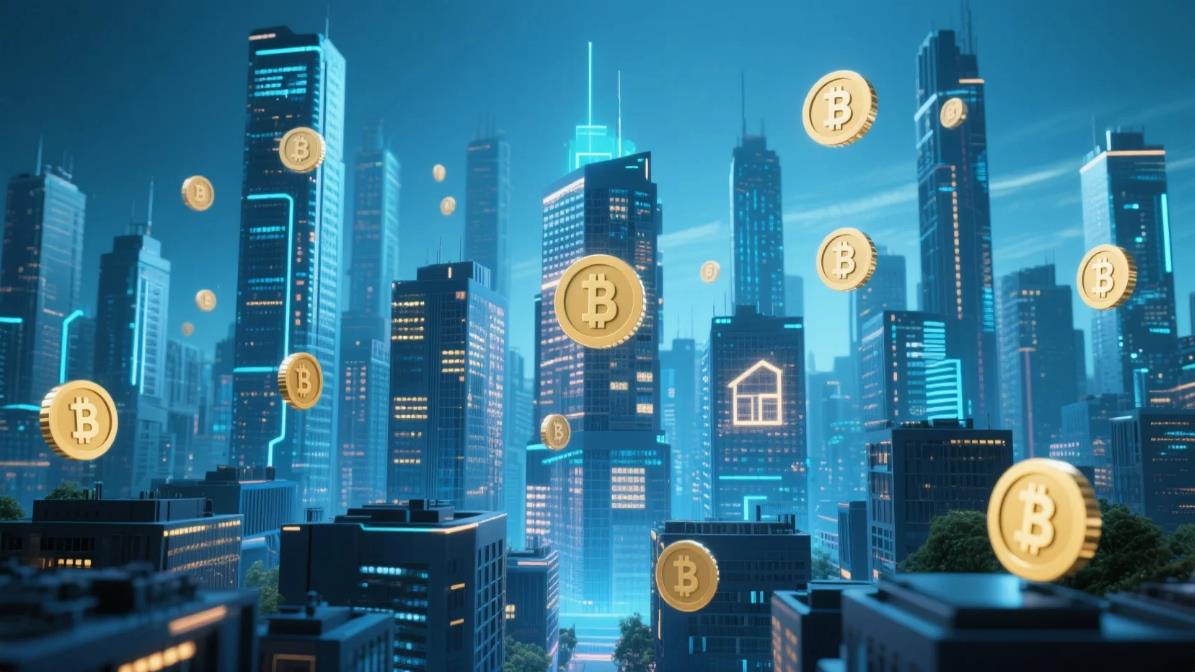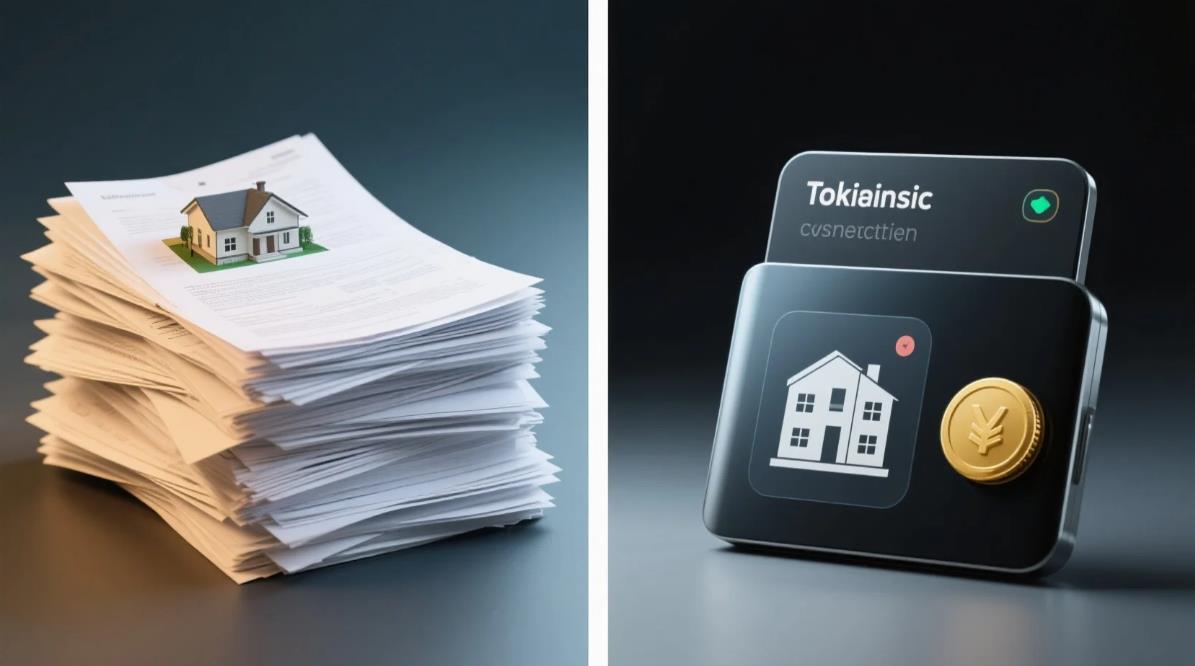Beneath the surface of global real estate markets, a quiet financial revolution is turning illiquid properties into fluid digital assets. Tokenization—the process of converting physical assets into blockchain-based digital tokens—is dismantling centuries-old barriers to real estate investment. This innovation isn't just changing how we buy property; it's rewriting the rules of wealth accessibility. The numbers speak volumes: the tokenized real estate market, currently valued at 3 billion,is projected to reach16 trillion by 2030 as it unlocks previously inaccessible value in everything from Manhattan skyscrapers to Bali vacation villas.

The mechanics of property tokenization reveal why this technology is so transformative. A single commercial building worth 50 million can be divided into 50,000 digital tokens,each representing a 1,000 stake. These tokens trade on regulated digital securities exchanges with settlement times measured in minutes rather than months. Smart contracts automatically distribute rental income proportionally to token holders, while blockchain's transparency eliminates title fraud—a $6 billion annual problem in U.S. real estate alone. Perhaps most revolutionary is fractional ownership's democratizing effect: suddenly, prime London office space or Miami beachfront properties become accessible to investors with just hundreds rather than millions to invest.
The financial implications are staggering. Tokenization reduces transaction costs by up to 70% compared to traditional real estate deals by cutting out layers of intermediaries. Liquidity premiums—the discount buyers demand for illiquid assets—shrink dramatically when properties can be sold in clicks rather than months. This creates a virtuous cycle: as more assets tokenize, liquidity increases, attracting more investors and further boosting liquidity. Major institutions are taking notice—BlackRock's tokenized money market fund on Ethereum signals growing mainstream acceptance. Even conservative players like Singapore's DBS Bank now offer tokenized property investment vehicles to high-net-worth clients.

Beyond investment, tokenization solves longstanding industry pain points. Inheritance becomes seamless when property ownership exists as transferable digital tokens rather than physical deeds. Cross-border investing simplifies as tokens bypass traditional currency and legal hurdles. Developers gain access to global capital pools for projects—Dubai's "The Palm" tokenization raised $150 million in days rather than months. The most innovative applications emerge in commercial real estate: imagine office buildings where tenants pay rent in tokens that automatically adjust based on foot traffic metrics tracked by IoT sensors.
Challenges remain—regulatory frameworks vary wildly by jurisdiction, and the technology faces skepticism from traditional real estate professionals. But the momentum is undeniable. Zurich's first fully tokenized apartment building traded 30% above market valuation due to liquidity premiums. New platforms like RealT and RedSwan have already tokenized over $1 billion in U.S. properties with average investor returns outperforming REITs by 4-6% annually.

As blockchain infrastructure matures and generational attitudes shift, tokenization promises to do for real estate what e-trading did for stocks—democratize access, enhance liquidity, and create entirely new financial products. The buildings around us aren't changing, but how we own them is undergoing its most radical transformation since the invention of property deeds. In this new era, your real estate portfolio might just exist in your digital wallet alongside your cryptocurrency—and that future is arriving faster than most realize.





